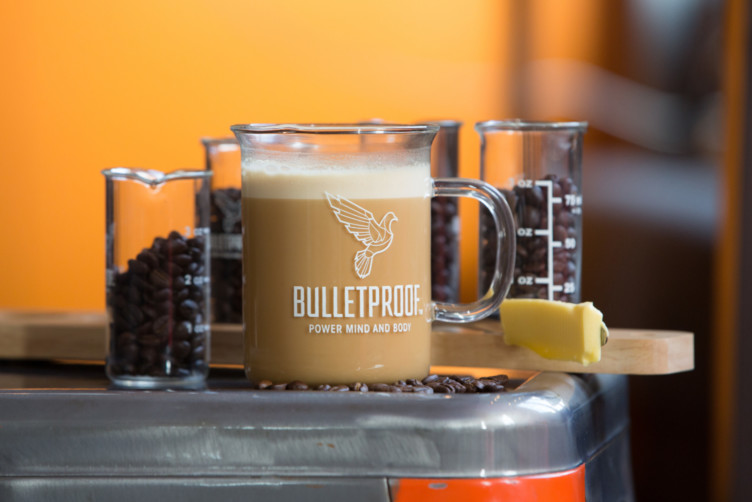Why Bulletproof Coffee Is Not Certified Organic

A lot of people ask whether or not Bulletproof Coffee is organic. The short answer is that it’s not certified, but it’s better than most organic coffees. There are a few reasons why Bulletproof doesn’t have an organic certification. Here they are.
Reason #1: Quality
The Upgraded Coffee Beans you buy come from small, single-origin, sustainable, high-altitude farms in either Guatemala or Colombia, depending on the season. The same families have been running these farms for generations. The soil has never seen pesticides and never will. In fact, our farmers stick to far higher standards than organic certifiers require.
But certifying coffee beans as organic is expensive – too expensive for small family farmers to afford. It would put them out of business. Larger coffee producers can afford organic certification, but they also tend to cut corners in growing and processing. A lot of them cut down trees that provide shade for growing coffee plants, for example, because it increases yield…but the constant sun exposure also bleaches nutrients out of the topsoil, which translates to fewer precious nutrients in coffee.
That’s why Bulletproof products are passively organic. They meet (exceed, actually) all organic standards. They just don’t have a label on the bag.
Reason #2: Cost
There are small family farms that do certify as organic, but they have to increase the price of their coffee beans to afford the certification. We’d rather put that extra money toward paying our farmers fair wages. Everyone involved in producing Bulletproof Coffee gets a fair wage. That’s more important than a little seal saying the coffee is organic. Non-organic also saves you a couple bucks on each bag, without sacrificing quality.
.
Reason #3: Corporate Influence
In the last decade, more and more government-run organic certification programs have turned over certification to private corporations, and those private corporations have jacked up the price to get certified.
In Missouri, for example, state-run organic certification used to cost about $1500 annually. A few years ago, Missouri lawmakers turned it over to a private certifier that asked farmers for 3% gross annual income in exchange for an organic certification. Within a year, 50% of the farmers who were previously organic let their certification lapse because they could no longer afford it, even though they were still growing to organic standards [1]. Passive organic has become more popular since then. A good example is the grass-fed beef company U.S. Wellness Meats.
How Can You Tell If A Company Is Really Passively Organic?
Write to customer service and ask. Better yet, go to your local farmer’s market and get to know the people growing your food. Ask them if their crops are pesticide-free and if they meet organic standards. If they do, give them your business. Small family farmers are some of the hardest-working people around, and they tend to be deeply committed to food quality.
For more on organic farming, sustainability, the damage pesticides do, and the importance of soil quality, check out this podcast with Glenn Elzinga. Glenn owns Alderspring Ranch, which produces some of the best grass-fed, grass-finished beef in the world. You can also subscribe below for more content on how to upgrade your biology. Thanks for reading and have a great week!
Sign up for early access to sales, product launches, the latest Bulletproof news and more!



